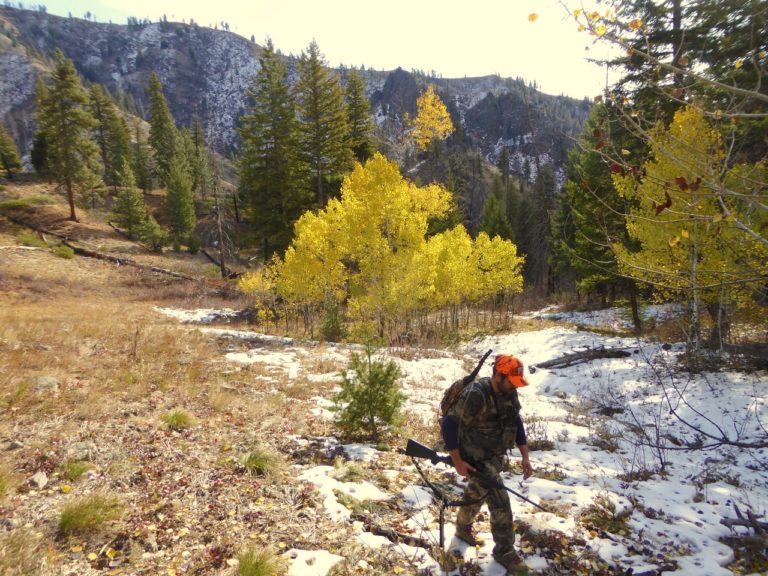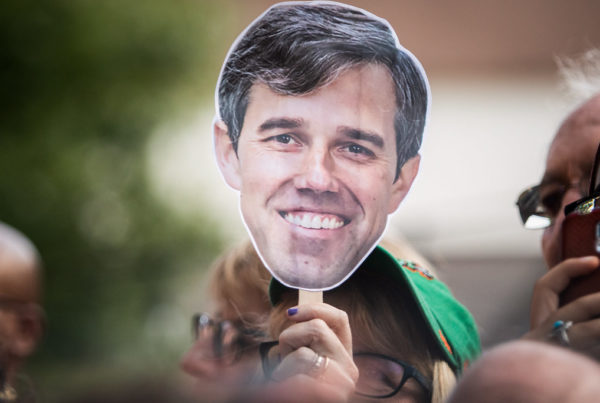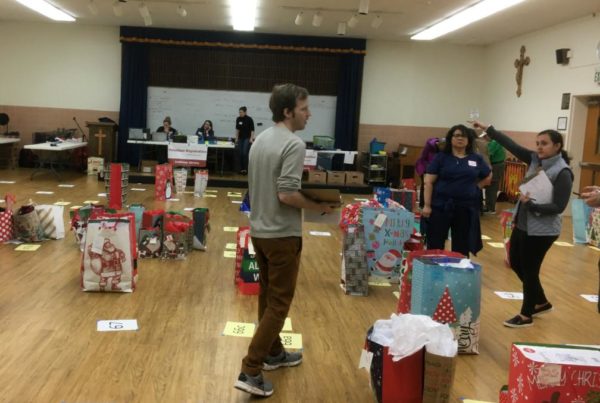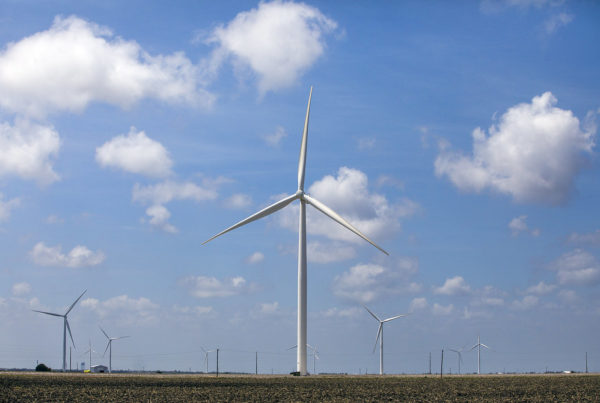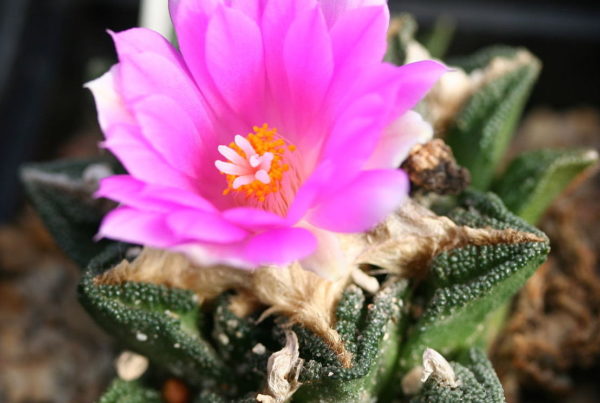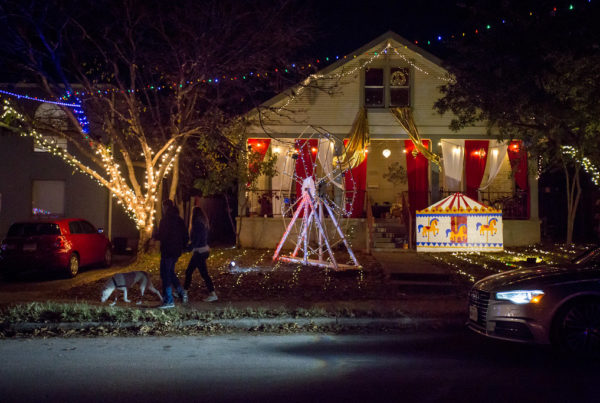From Guns and America:
A few weeks back, I found myself being pelted with snow, on an unnamed ridge, high above the aptly named Roaring River in central Idaho.
My eyes peeled for elk, I was trudging behind a friend with a rifle in one hand, trying not to trip on the trail-less mountainside.
How did I get here?
The ‘Adult Onset Hunter’
According to Land Tawney, president of Backcountry Hunters and Anglers, there’s a name for it:
“It’s called adult onset hunters,” he said. “Sounds like a disease but I guess it’s a good disease to have. It’s really these people who are in their 20s, 30s, 40s who didn’t grow up hunting and fishing and now want to get into it.”
There’s a symbiotic relationship between hunting and conservation — and not just some romantic notion of our hunter-gatherer roots.
Hunters fund conservation efforts. Public lands are often prime hunting ground.
But with the number of hunters on the decline, stakeholders are banking on attracting a different type of hunter to fund needed conservation efforts.
To that end, Tawney’s organization, Backcountry Hunters and Anglers (BHA), has created a five-week intensive class called “Learn To Hunt.” New hunters learn about gear, ballistics and go shooting at a gun range (rifles provided). The course culminates in a hands-on tutorial about what to do after you bag an elk.
Earlier this fall, a group of aspiring hunters in the class gathered in Boise, Idaho, and huddled around an elk carcass as Idaho Department of Fish and Game biologist Katie Oelrich demonstrated how to field dress an animal.
Oelrich gives some practical advice on what to do with a downed elk before getting to work on skinning and quartering it.
“Oftentimes animals are not always on a nice, flat, open meadow,” she said. “You want to get to a spot where you can actually work because you do not want to be standing uphill on a slope the entire time with your legs locked trying not to fall over.”
This is what Paul Knepper signed up for.
Knepper moved from Austin, Texas, to just outside of Boise. Then he signed up for “Learn To Hunt.”
“As a kid growing up I always lived in urban areas,” he said.
But as he got older he started feeling a pull.
“I wanted to be more involved with nature,” he said. “And part of that is obviously understanding your food supply and where that comes from.”
States are counting on new hunters like Knepper because the number of hunters is declining. Two million fewer people went hunting in 2016 than went out in 2011 according to the U.S. Fish And Wildlife Service.
But why should Americans care about the decline of an activity most don’t take part in?
Fewer hunters means less money for conservation.


